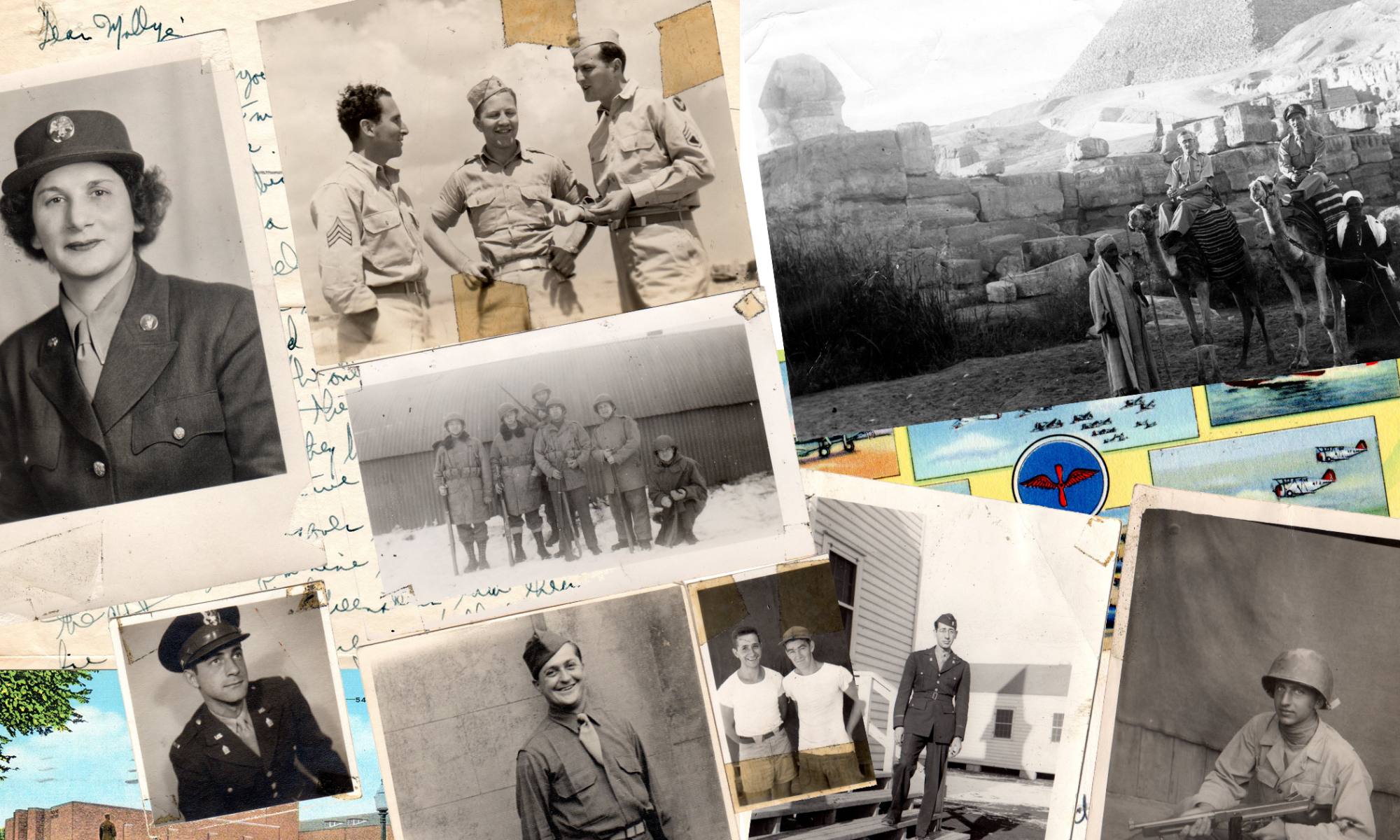 505 NORTH MARKET STREET
505 NORTH MARKET STREET
WILMINGTON, DE 19801
Media Contact: Gail Pietrzyk, (302) 655-6232 or (610) 563-0096 mobile
Email: info@jhsdelaware.org
We are smiling under our masks.
Wilmington, Delaware: The Jewish Historical Society of Delaware (JHSD) is pleased to announce that they have received a Delaware Humanities CARES Act Recover Grant. These funds have been made available through the CARES Act and the National Endowment for the Humanities (NEH) for redistribution by Delaware Humanities to organizations committed to the humanities that have faced financial hardship due to the coronavirus.
The CARES Act Recover Grant is significant for JHSD, covering essential operating costs and allowing it to continue providing remote access to the archives via the website at https://jhsdelaware.org and by phone at (302) 655-6232. The grant will also pay for masks and other equipment to keep visitors to the reading room safe when it reopens to the public.
“The humanities community in Delaware is very supportive,” says archivist Gail Pietrzyk. “We operate with a small budget and we are grateful for the cooperative relationship with the Delaware Historical Society, which houses our collections.”
The JHSD was forced to postpone its annual meeting program, “Telling our Stories: Oral History in Delaware’s Jewish Community,” in April because of the coronavirus outbreak and the quarantine restrictions. The yearly event often draws an audience of over 150 people.
JHSD is looking forward to once again welcoming researchers to its facilities, where they can make use of the collections which document the history of Jewish life in Delaware.
 ABOUT THE JEWISH HISTORICAL SOCIETY OF DELAWARE
ABOUT THE JEWISH HISTORICAL SOCIETY OF DELAWARE
Founded in 1974, the Jewish Historical Society of Delaware acquires, preserves, and publishes materials pertaining to the history of Jewish settlement and life in Delaware. Membership in the Jewish Historical Society of Delaware is open to all who are interested in supporting its mission. To learn about becoming a member, e-mail info@jhsdelaware.org.
 ABOUT THE NATIONAL ENDOWMENT FOR THE HUMANITIES
ABOUT THE NATIONAL ENDOWMENT FOR THE HUMANITIES
Created in 1965 as an independent federal agency, the National Endowment for the Humanities supports research and learning in history, literature, philosophy, and other areas of the humanities by funding selected, peer-reviewed proposals from around the nation. Additional information about the National Endowment for the Humanities and its grant programs is available at www.neh.gov.
Delaware Humanities is Delaware’s independent, nonprofit affiliate of the National Endowment for the Humanities. Founded in 1973, Delaware Humanities provides educational and cultural opportunities to Delawareans through original programming and grants for non-profit organizations. Delaware Humanities helps Delawareans gain a deeper understanding of human identity, intellectual achievement, diverse cultures, and our shared heritage.
###
















